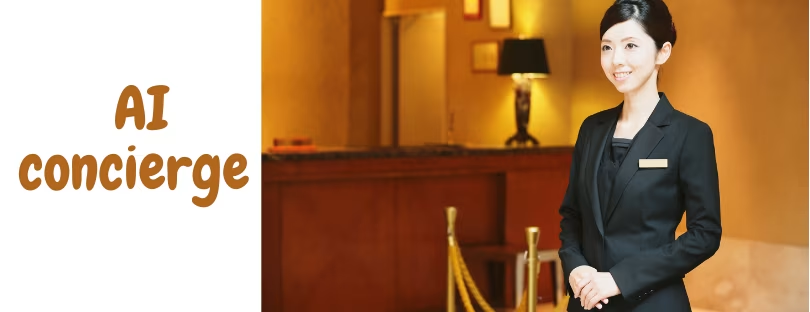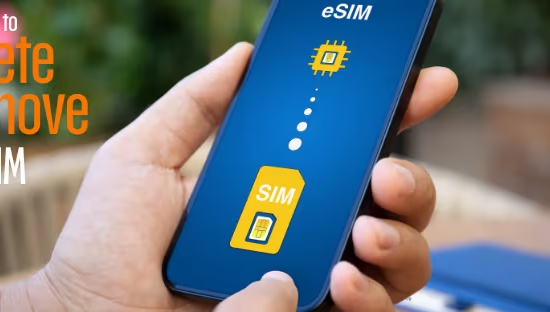
AI-Powered Concierge Bots in Smart Hotels: Are Human Front Desks Becoming Obsolete?
Imagine checking into your hotel late at night after a long flight. Instead of being greeted by a tired front-desk clerk buried in paperwork, you’re welcomed by a cheerful, always-on concierge bot who instantly checks you in, offers you a quick tour of the hotel via your smartphone, and asks if you’d like a late-night snack delivered to your room. Sound futuristic? Welcome to the reality of smart hotels in the age of AI-powered concierge bots.
This isn’t science fiction; it’s happening right now. Hotels from Singapore to San Francisco are deploying AI-driven virtual assistants designed to make your stay smoother, faster, and, in theory, much more enjoyable. But does this mean the friendly faces we’ve grown accustomed to seeing behind the reception desk are on their way out? Let’s dive into what this shift really means for hospitality, staffing, and the guest experience.
Why the sudden love for AI concierge bots?
Let’s be honest; traditional hotel check-ins haven’t evolved much in the past few decades. Guests still line up, hand over IDs, sign forms, and receive plastic keycards that may or may not work on the first try. It’s a process ripe for disruption, and AI concierge bots have stepped in perfectly.
AI concierge bots like Hilton’s Connie or Marriott’s ChatBotlr are available 24/7, never tire, and instantly handle routine requests, from checking guests in and out, answering FAQs, and booking dinner reservations to controlling smart room features. They can speak multiple languages fluently and simultaneously handle several guests without missing a beat. That’s pretty handy, especially when you arrive jet-lagged at odd hours, right?
What does this mean for human staff?
It’s easy to jump to conclusions that human front-desk jobs might vanish overnight. But the reality is a bit more nuanced. Sure, routine tasks will increasingly be handled by AI bots, but that doesn’t mean human interaction will disappear entirely. In fact, many hotels find themselves reassigning staff to areas that genuinely benefit from the human touch—like personal guest assistance, problem-solving in unusual scenarios, or creating special moments that no algorithm could replicate.
Think about it: no AI bot can empathize with you about losing luggage or offer genuine reassurance during travel mishaps. Human staff become more important for handling emotionally complex situations, leaving the bots to streamline the basics.
Interestingly, rather than replacing jobs outright, AI technology tends to reshape them. Employees now need to be tech-savvy, adaptive, and ready to step in when technology hits its limits. Hotels embracing AI often invest more in training, ensuring staff are skilled enough to manage and oversee these smart systems effectively.
Is guest experience truly improved by AI?
If the goal is faster service and fewer headaches, then yes, AI concierge bots significantly enhance the guest experience. A chatbot quickly handling your midnight room-service craving or immediately sorting out an incorrect bill can turn a potentially frustrating experience into a satisfying one.
But—and it’s a big but—hospitality thrives on personal connection and warmth. AI, while impressively efficient, still struggles to replicate genuine emotional warmth and personal rapport. Guests, especially those who value luxury and personalized attention, may find fully automated services impersonal and cold. It’s precisely why upscale hotels often opt for a balanced hybrid model—AI handling repetitive tasks while human staff take care of nuanced, personalized interactions.
In short, AI improves the routine elements of hotel stays, but the soul of hospitality still largely depends on genuine human interactions.
Potential challenges and limitations
As much as we celebrate technology, we also must acknowledge its limits. Have you ever gotten frustrated with an overly enthusiastic virtual assistant who just can’t understand your slightly unusual request? AI bots are not flawless. Misinterpretations happen, and when they do, they’re often frustrating and tricky to resolve.
Moreover, privacy concerns are real. Guests might not feel comfortable knowing their every preference, request, and even mood can be tracked and analyzed. Transparency about data collection practices becomes essential for smart hotels utilizing AI extensively.
Then, there’s the digital divide. Not every guest is comfortable with technology. Older travelers or those simply craving a “tech detox” might prefer traditional interactions over high-tech alternatives. For hotels, this means maintaining options is key; not every front desk can or should entirely vanish.
What does the future hold?
Looking forward, AI concierge bots will likely become even smarter, seamlessly integrating with other smart devices in hotel rooms to create genuinely personalized stays. Imagine your favorite pillow softness remembered from your last visit or your preferred room temperature automatically set upon arrival—no request needed.
Yet the future doesn’t mean a full robot takeover. Instead, expect to see an intelligent blend of technology and human warmth. Hotels that strike this balance well will be the real winners, offering both efficiency and personalized care, ensuring guests feel valued and genuinely welcomed.
Final thoughts: Is the human front desk obsolete?
No, the human front desk isn’t obsolete, but it’s certainly changing rapidly. AI-powered concierge bots aren’t enemies of hospitality; they’re more like allies—capable assistants freeing up human staff to excel in personal interactions that guests cherish the most.
Hotels that fully understand and embrace this dynamic will likely lead in the industry, balancing cutting-edge technology with genuine, heartfelt hospitality. So, next time you encounter a friendly virtual assistant checking you in, remember there’s still a dedicated human behind the scenes, ready to step in whenever that personal touch is needed.










